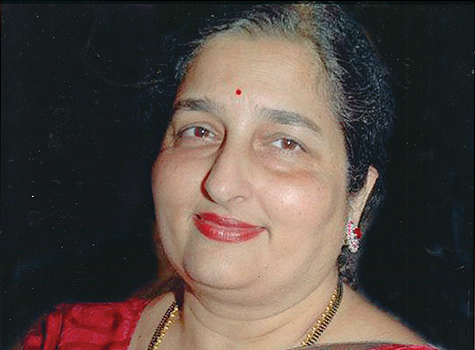
There are things we must do and steps we must take while we are on the face of this earth. This is not something we wish to hear, but if we take care of some key financial things we will make our own lives a lot easier and, of course, of those who will administer our estates. Following are just a few of the examples that need to be addressed.
Life Insurance; Owner, Insured and The Beneficiary
For various reasons, we usually have some kind of life insurance. For some, especially young families with children, life insurance is a must since it is meant as an assurance to cover unforeseen and unanticipated circumstances. So, we shop around, find the best deal and sign the paperwork. And then we, more than likely, do not pay much attention to it other than paying the annual premiums. There are three key elements that we all should be paying attention to while signing the paperwork and those are: whose life is insured, who is the owner of the policy and who is the beneficiary. If we leave these key factors to the agents who writes up the policy and then forget about it, we can get in trouble for not doing it right. That life insurance amount, generally reasonably large, can easily be added to your estate if the assignments mentioned above are not done right.
Other concern with life insurance is also that we may have too many policies that are not necessary, especially as we get old. What was necessary at one point in our life is redundant in later life and needs to be closed or sold. A careful study of all your policies every few years is a good idea.
Ownership on Your Assets and Beneficiaries
Out of love and respect for our parents, children and spouses we usually open joint accounts. And the thought at the backs of our minds are that we are doing the right thing by doing so. Most common examples are joint bank accounts or real estate property owned between parents and the children. I have to admit that on some occasions it does benefit; when one person dies, the account is completely owned by the other party. However, what we don’t consider is the liability that we inherit by such an arrangement. If there is liability associated with one of the account holders like large debt, or health and/or credit issues, or bad credit history, the creditors can satisfy that by garnishing the joint account where the other party of the joint account has really nothing to do with it. This is something to be cognizant of before opening the joint accounts.
Beneficiary Designation
Having a beneficiary assigned to whatever new account you open is not a concern these days but there may be still many accounts that may not have beneficiaries named on it. However, keeping the beneficiary names up to date is not the institution’s responsibility; it falls clearly and understandably on our shoulders and we need to make sure that the names are right. It is a good habit to check all such documents at least once a year. It has been known that benefits from accounts such as an IRA or life insurance policy have fallen into wrong hands, like a divorced spouse, and if that happens nobody can do anything about it. Also, it is worth mentioning that beneficiary names take precedence over what is mentioned in your Will, if there is a contradiction.
Inherited IRAs
Our IRAs could easily be our largest asset after the ownership of the house you live in. Many IRAs could grow into well over a million dollars when the time comes to withdraw from it. This is all well and good. The IRS wants us to try to deplete our IRAs in our lifetimes but if we follow their minimum requirement for withdrawal (RMD) we probably would not be able to do it. This means our IRAs will be inherited by our children. That is always a pleasant thought because we are leaving something for our children that they can use immediately. The catch here is that the paperwork for transferring the IRA to our children has to be done in a certain careful way so that they can continue withdrawing from that IRA over their lifetime. If it is not done right, then they can end up withdrawing the entire amount and pay large sum of taxes on it.
There is another tax consideration here that has to be weighed carefully. Consider between you and your children who could be in higher tax bracket. If our children are doing better than us, like they are supposed to, then the withdrawal from the inherited IRA will be taxed at their higher rate. You may want to change your tactic and withdraw more than RMD from your IRA and deplete it (but not necessarily spend) during your lifetime if possible. This way the money will go to the children as a regular account and they would not have to pay any taxes at all.
Do You Need Long Term Care Insurance?
It is a perennial and proverbial question that all seniors ponder about and find it hard to decide. It depends on so many variables starting with your life span, health situation, your total asset base and many others. One thing is for sure, the right age to start your Long Term Care insurance is about mid to late fifties when you are still working and reasonably healthy. If started sooner, then it is a waste of premium money and if started later then generally premiums go up substantially. According to Medicare, the highest need for LTC is when the person needs 24-hour care and such care lasts between 2 to 4 years. If you think that you could sustain the cost of that yourself then may be your need is minimal.
———
Mo Vidwans is an independent, board-certified financial planner. For details visit www.vidwansfinancial.com, call +1 (984) 888-0355 or write to mpvidwans@yahoo.com.



